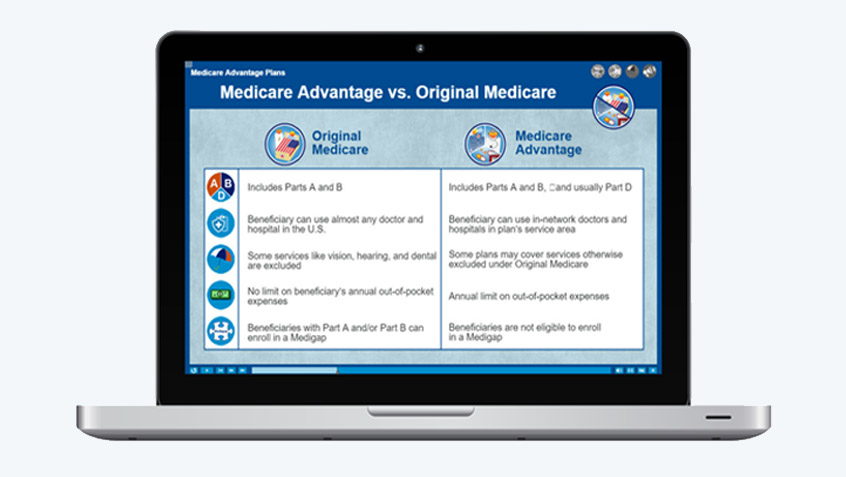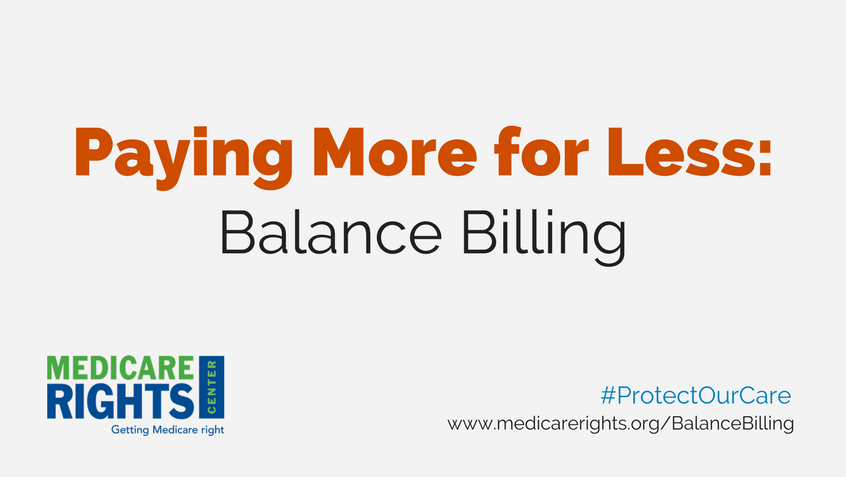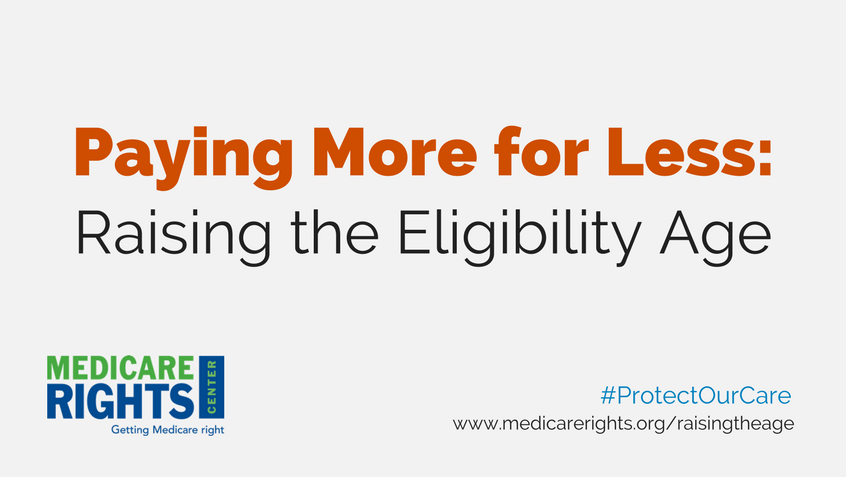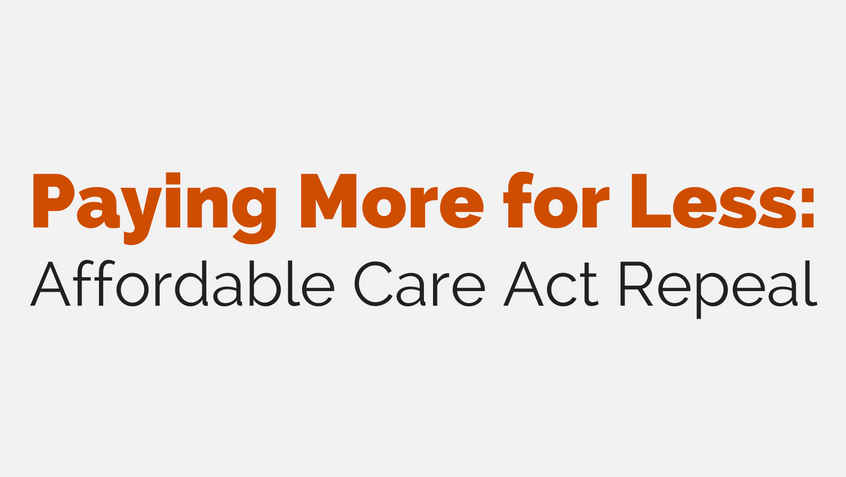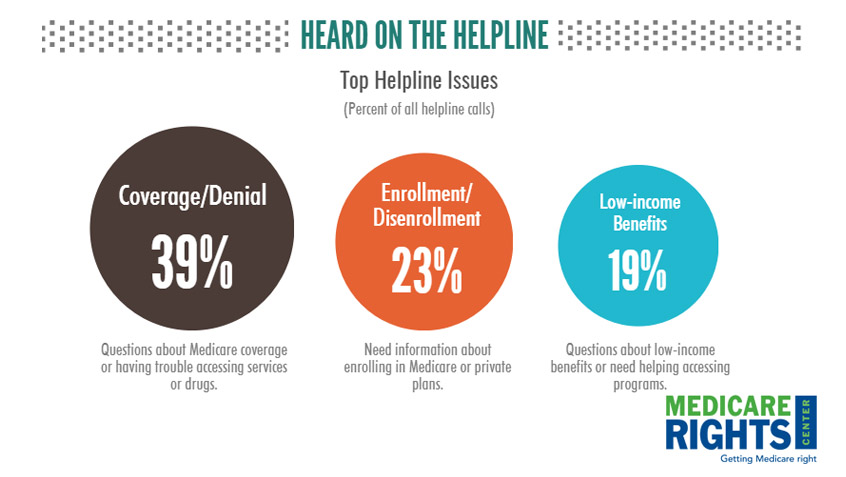
Persistent Challenges for People with Medicare Identified in New Medicare Rights Center Report
Today, the Medicare Rights Center released its annual helpline trends report, which outlines persistent challenges facing people with Medicare heard through thousands of calls to its national consumer helpline.
The report, Medicare Trends and Recommendations: An Analysis of 2015 Call Data from the Medicare Rights Center’s National Helpline, highlights the leading issues heard on Medicare Rights’ helpline. Each issue is demonstrated through consumer stories and accompanied by policy solutions, which the Centers for Medicare & Medicaid Services (CMS), state agencies, insurers, elected officials, and others can pursue to improve the Medicare program for the more than 55 million people it serves.


